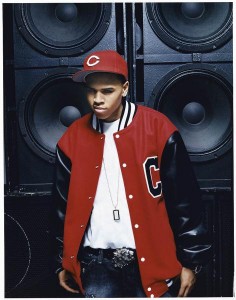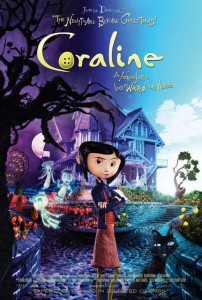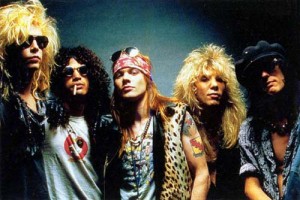
Jive Records
Sunday Night’s Grammy Awards received a lot of attention, drawing some 39 million viewers curious to see how the National Academy of Recording Arts and Scientists would pay tribute to one of its biggest stars. Morbid as it sounds, Whitney Houston’s untimely passing the day before made the awards presentation a must-see event, garnering more than 12 million viewers over last year’s telecast and netting the second-highest ratings in the event’s history. To the Recording Academy’s credit, it took great advantage of that brighter-than-usual spotlight, honoring not just Houston and the late Etta James (who deserved more attention than she got) but a stage full of dynamic female performers, from Jennifer Hudson and Kelly Clarkson to Taylor Swift, Rihanna, Carrie Underwood, Katy Perry and Nicki Minaj.
That larger narrative was underlined by a handful of subplots that emphasized talented women overcoming adversity: the unsurprising dominance of Adele, who’d been forced to cancel tour dates twice last year due to vocal problems and ultimately underwent surgery; Perry’s vengeful tear through “Part of Me,” a “winning the breakup” kiss-off believed to be aimed at her ex Russell Brand; and Swift’s spirited performance of “Mean,” allegedly directed at one of her critics, newsletter writer/blogger Bob Lefsetz. (Minaj’s bizarre performance of “Roman Holiday,” featuring one of her alter egos, can also be counted as a moment of adversity, although it remains to be seen whether the singer will overcome the largely negative reaction.)
But like a needle scratching a record, the night’s theme of powerful women was marred by one “jarringly dissonant element,” as TIME’s James Poniewozik so succinctly put it: the Academy’s decision to share so much of its increased spotlight with R&B singer Chris Brown, who performed twice, and also won his first Grammy for Best R&B Album. Continue reading →










